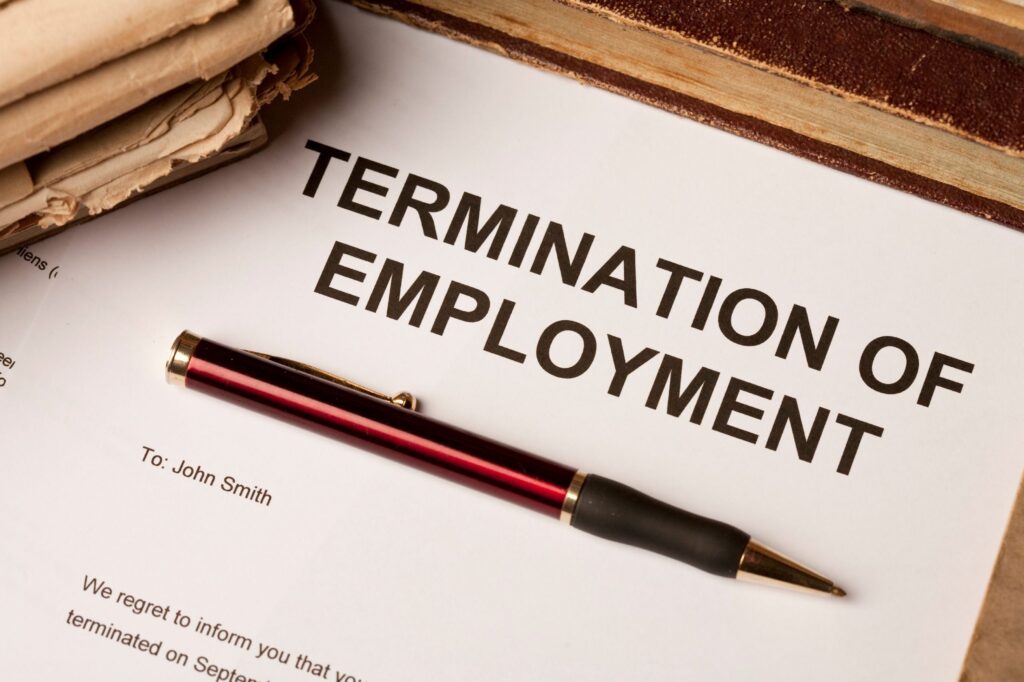Taoiseach Leo Varadkar announced last night that Budget 2019 would make a real difference in people’s lives by putting money back in people’s pockets. Increases in social welfare payments were pledged along with reductions in USC and income tax. Family-friendly measures which seek to make childcare more affordable were also promised. The clear message from the government was that our national economic growth should translate into rising living standards.
How will employers feel the impact of Budget 2019?
Given that the political pressures of the housing crisis and healthcare reform almost certainly exerted the greatest influence on this year’s budget, we now take a look to see how exactly the government’s budgetary decisions will impact on both employers and employees.
Budget 2019 – an employer perspective
SME supports
€950 million has been allocated to the Department of Business, Enterprise and Innovation. This represents a 9% increase on last year and will be used to support the SME sector during a period of uncertainty caused by Brexit.
VAT changes
Special VAT rate of 9% in the hotel and restaurant sector to be increased to 13.5%.
Special VAT rate of 9% for hairdressers to be increased to 13.5%.
Reduction in VAT for electronic newspapers from 23% to 9%.
Printed newspapers to continue to enjoy VAT rate of 9%.
The changes in VAT will be most disappointing to employers in the hospitality sector which supports over 200,000 jobs. The increased VAT rate will undoubtedly impact on the sector’s ability to continue to generate employment particularly in light of its exposure to a bad Brexit outcome.
National Minimum Wage
The minimum wage increase of €0.25 to €9.80 has been confirmed. The increase may exert pressure on the payrolls of certain employers.
PRSI
The weekly threshold for the higher rate of employer’s PRSI will be increased from €376 to €386. This change is intended to “ensure that there is no incentive to reduce working hours for a full-time minimum wage worker”.
Paid parental leave
Two weeks’ paid parental leave will be introduced in November 2019. An incremental increase of up to 7 weeks’ paid leave to every parent of a child under one year of age will be introduced over time. Employers will have a full year to ensure they are prepared for the introduction of this benefit which is more likely to be availed of by both parents.
Budget 2019 – an employee perspective
Middle-income earners
The point at which people hit the 40% rate of income tax will rise by €750 to €35,300 for single workers.
USC
The 2% rate of USC currently levied on income over €12,012 and under €19,372 has been increased by €502 to ensure that a full-time worker on the minimum wage will remain outside the top rates of USC.
The third rate of USC currently levied on incomes between €19,300 and €70,000 will be reduced from 4.75 % to 4.5%. This measure will see a worker at the top end of this band increase their disposable income by around €175 a year.
Working families
The Home Carer Credit is increased by €300 bringing the value of the credit to €1,500 per year. This will assist families where one spouse works primarily in the home to care for children or other dependants.
Paid parental leave
The introduction of paid parental leave is likely to be welcomed by working parents of young children who are experiencing significant pressures with childcare costs.
Affordable childcare scheme
The income thresholds for the Affordable Childcare Scheme will increase next year.
In net terms
- the base income threshold is being raised from €22,700 to €26,000;
- the maximum income threshold will go from €47,500 to €60,000; and
- the multiple child deduction will increase from €3,800 to €4,300.
The expansion of this scheme is intended to allow more workers to access childcare and to encourage people to return to work.
Brexit challenges and border county investment
The Minister for Finance, Paschal Donohoe’s presentation began by putting the challenges posed by Brexit at the forefront. Notably, for border county employers, Mr. Donohoe confirmed that Project Ireland 2040 includes comprehensive investment in cross-border and all-island projects which are intended to promote growth in the border region.
If you have any queries on how Budget 2019 will affect your business, please call our advice service on 1890 253 369








